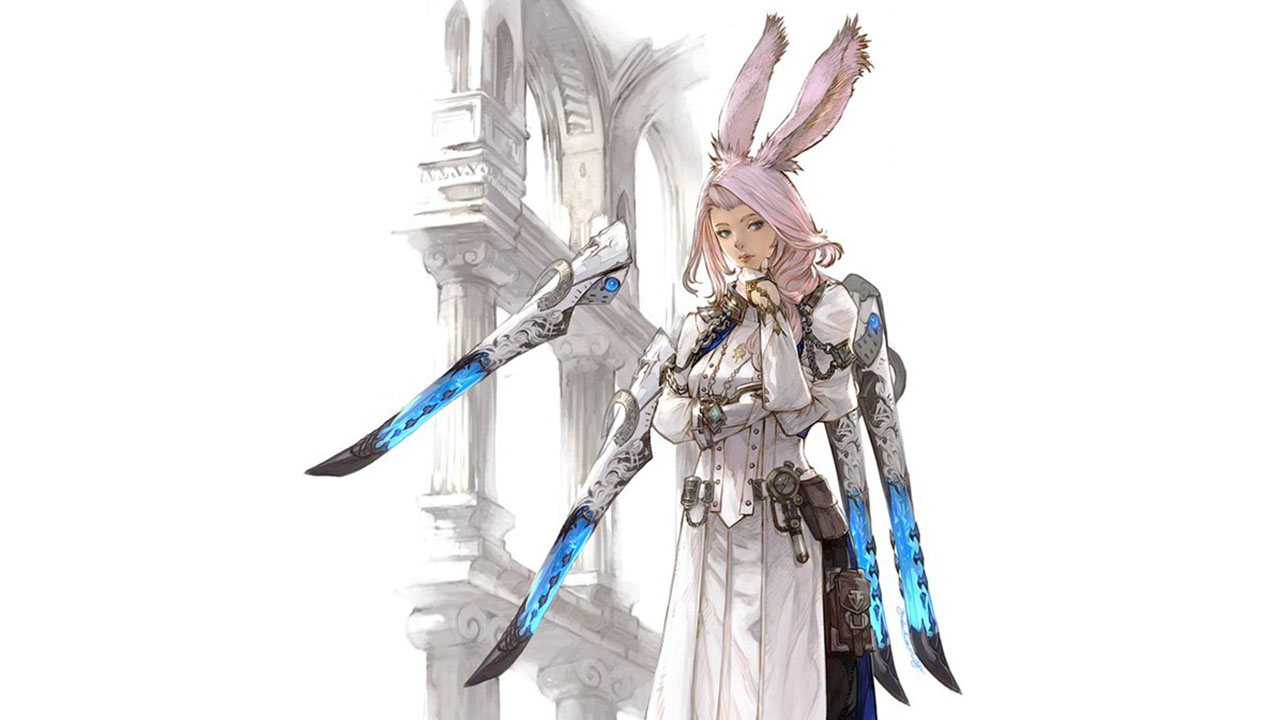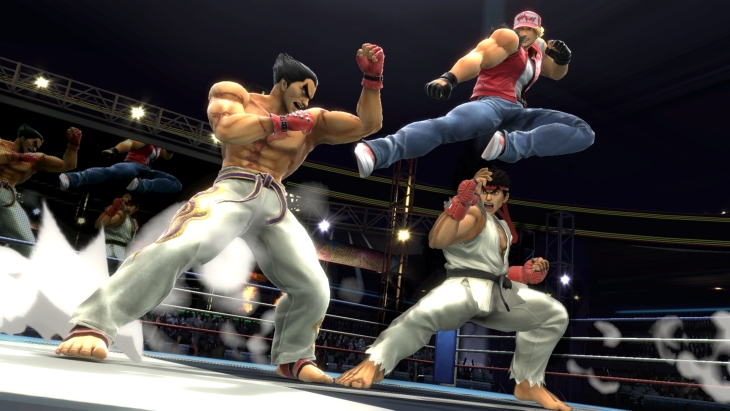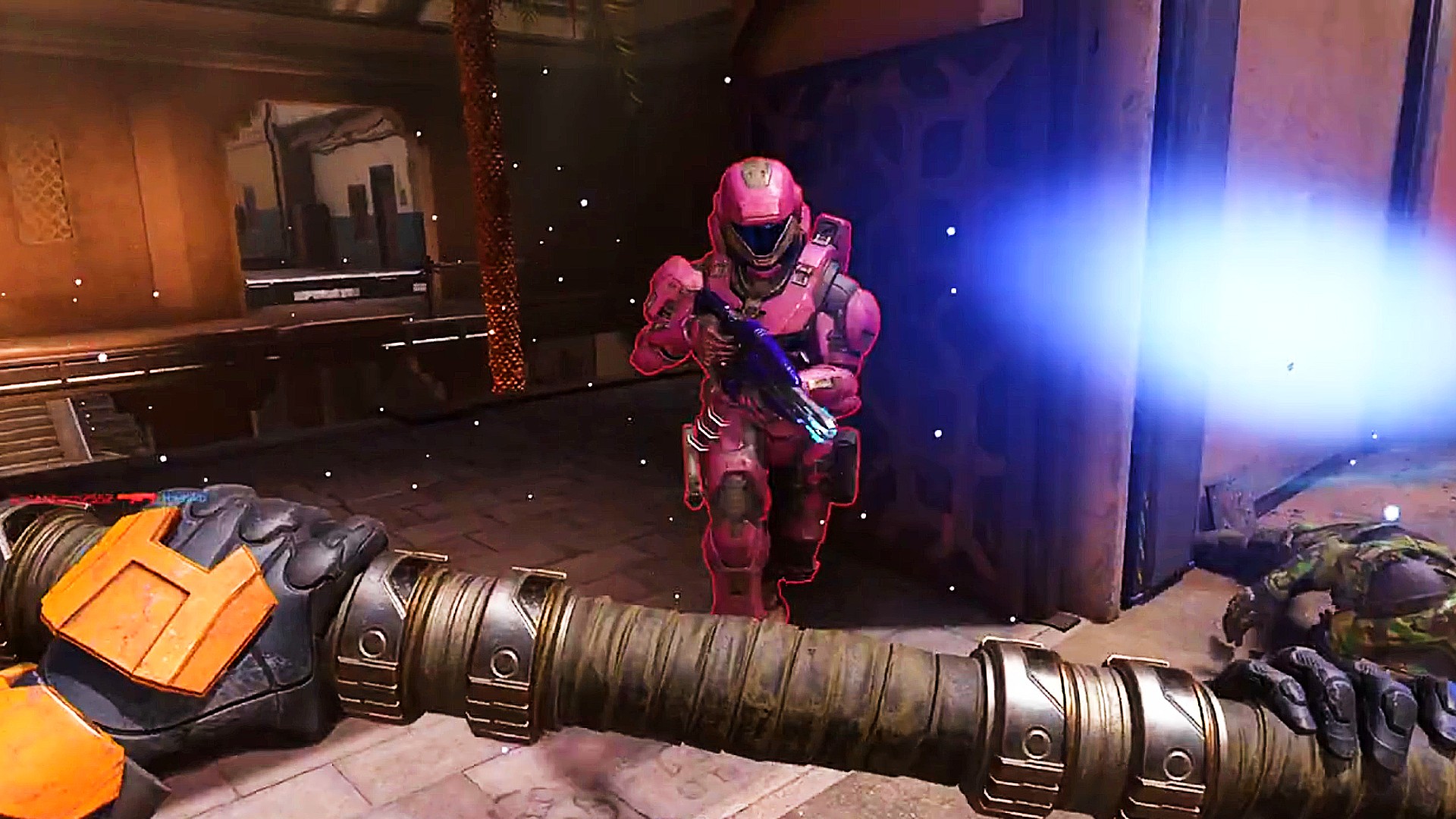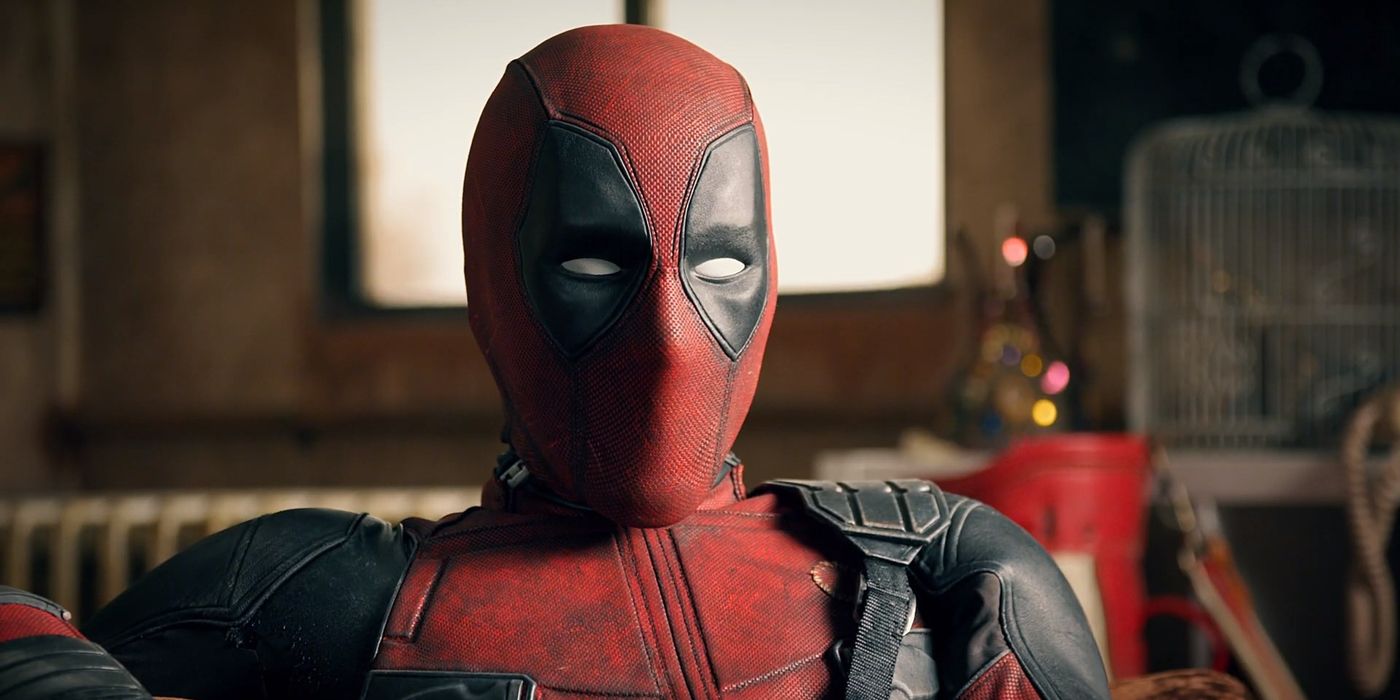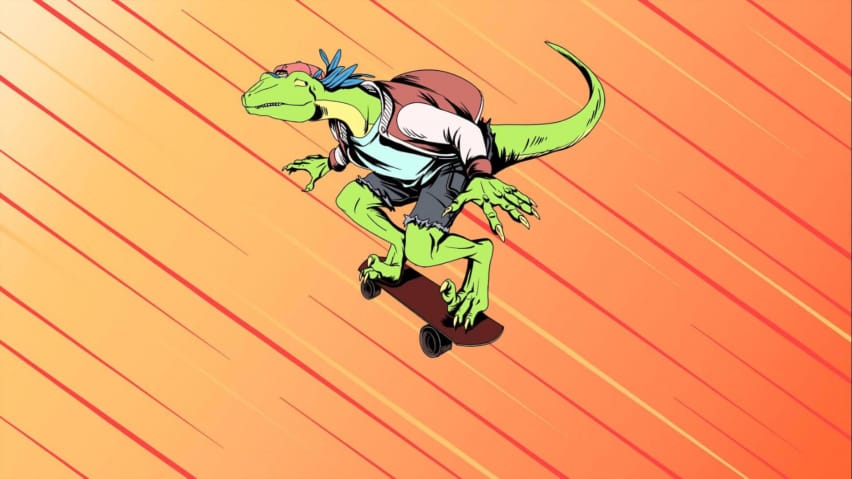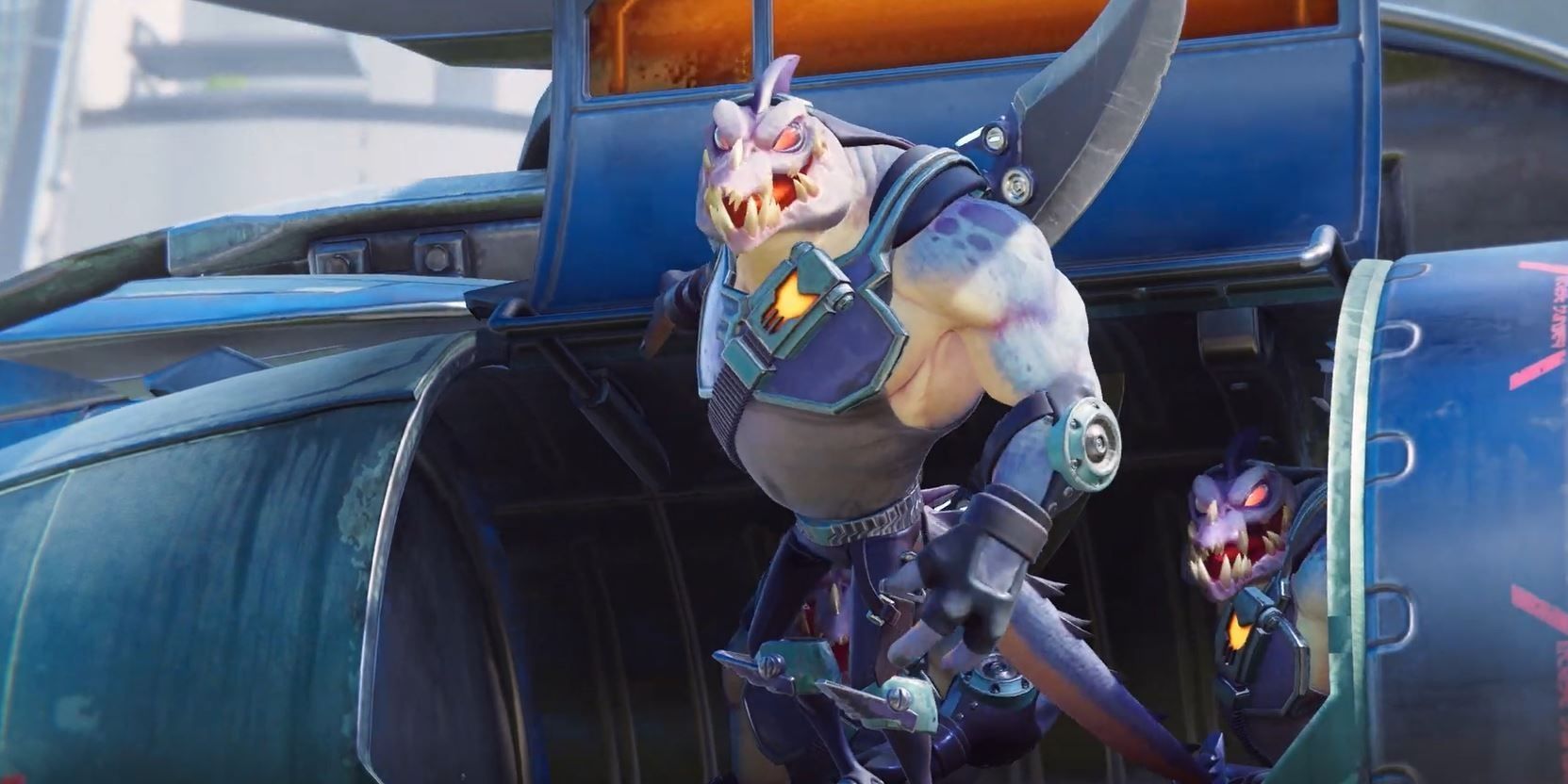
Ratchet & Clank and Resident Evil have both had a weird trajectory. Each series tried to branch out from their respective roots to do something different, and there’s nothing inherently wrong with that. God of War went from hack and slash, mindless god-slaying fun to deep, heartfelt storytelling with a rich open world coated in RPG elements. It worked a treat.
Resident Evil decided to go balls to the walls with action and terrible mechanics, making arguably one of the worst games to exist with 6, while Ratchet & Clank tried to emphasize multiplayer with All 4 One and Full Frontal Assault, leading to some pretty lacklustre entries into its own roster. However, both series returned to their roots with a soft reboot that simultaneously celebrated the classics while forging a new path forward.
RELATED: The Chopping Block: Resident Evil Village's Cut Content
Resident Evil did this with Biohazard. We delved back into a mansion, not unlike that of the first game, with Capcom even opting for a first-person perspective the original was initially designed to have. It gave us a new character to enjoy, letting us see the world through fresh eyes while not overwhelming us in a nearly 20-year-long narrative thread. It’s both a perfect jumping-off point and a spectacular continuation for the fans of the older titles. Rift Apart is the same, only swap out the mansion for Rivet and Kit – a fresh, alternate telling of the first Ratchet & Clank origin story.
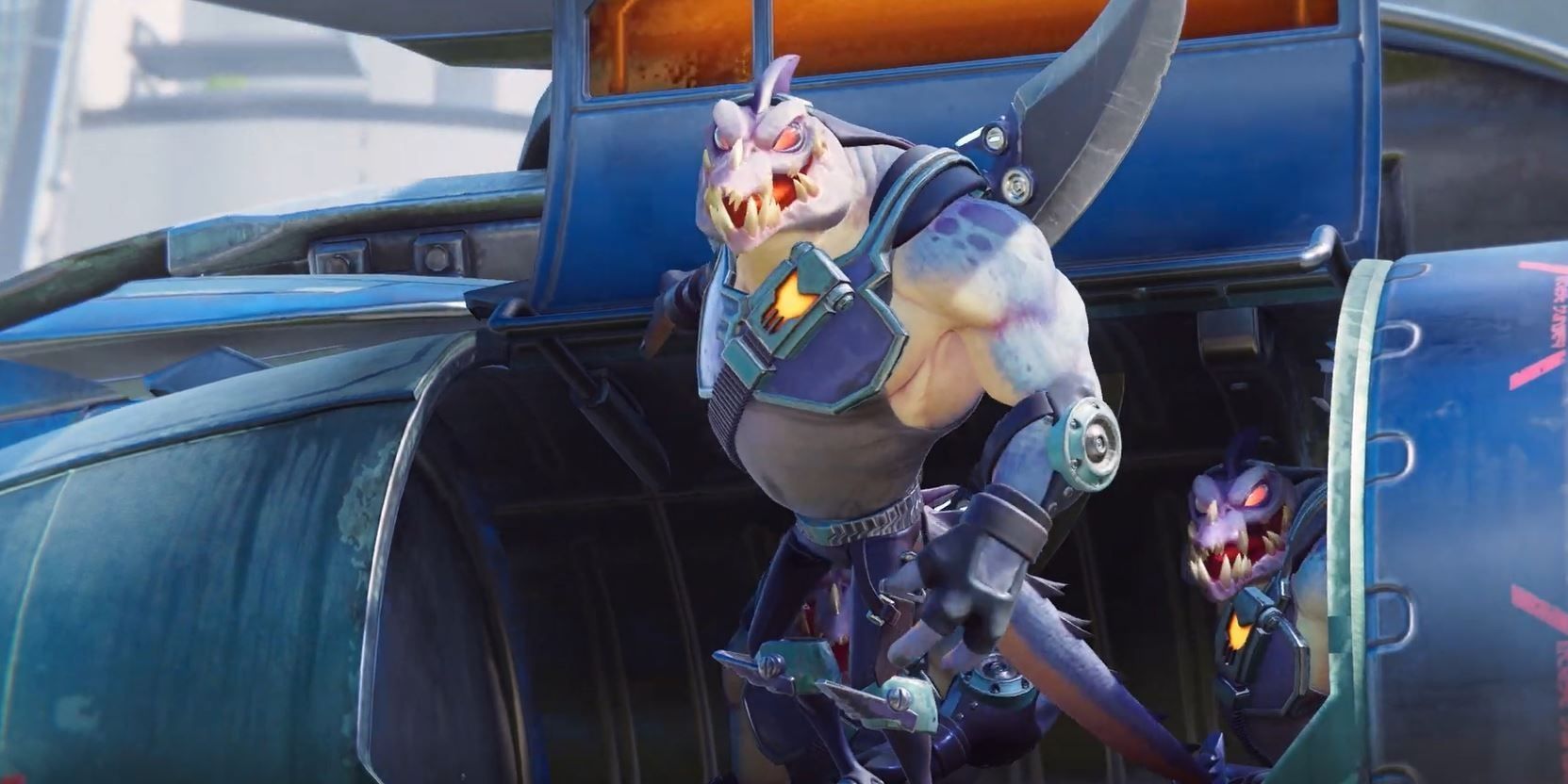
For new players who either got on board with the 2016 re-imagining or Rift Apart itself, you can slip right into this world. There’s a surrogate for the audience in Rivet, much as there is in Resident Evil with Ethan Winters. They are just as new to this whole mess as you are. That ultimately helps to make the entry feel easy to get into. Sure, there’s history to the universe, but it ultimately doesn’t matter.
That world and its mythos are continued with Chris Redfield and Ratchet and Clank, the latter in a more extensive manner, naturally, but both games are still origin stories in their own right, and that’s exactly what makes them so intuitive. We are stepping into a long-running story, but we’re doing so with new characters undergoing their own beginnings, representing both pools of players magnificently.
Insomniac has this wider audience enjoying its flagship series, and that’s magical. I’ve loved it since I was a kid since it all began in 2002. I was so young, and I have such fond, nostalgic memories of Going Commando’s sand dunes and bike races as well as Up Your Arsenal’s neon music city that’s home to Courtney Gears. Now, younger gamers will be building similar memories only with Rift Apart, and there won’t be that needless confusion of diving into whatever number in the series that it is – I’ve certainly lost count with the number of spin-offs.
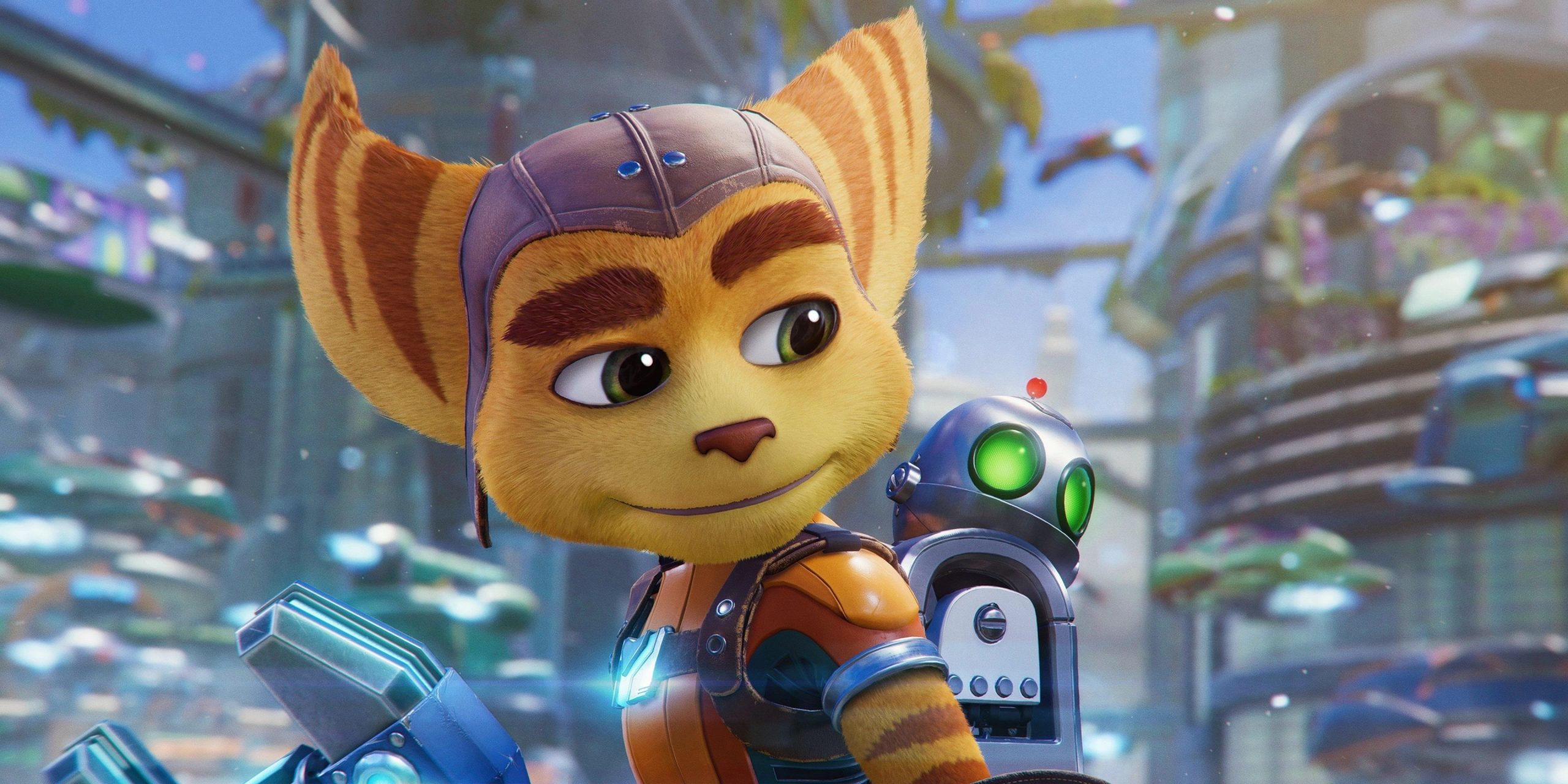
I’m so happy that Insomniac has not only managed to make something that makes us long-time fans of giddy, with clever references and trickles of the older games bleeding in, while also making it so seamless that if you don’t get it, it doesn’t matter. You won’t be confused or dumbfounded, it won’t go over your head. It’s just a part of the conversation that you can contextually figure out. The parade in the opening shows their history and their various adventures which we can pick apart as fans, but new players can look at that and see that it’s a celebration of these retired heroes’ story, and that’s enough, but it satiates both.
What’s so exciting about all of this is what the sequel will look like. Village was alright, I suppose. It tried far too hard to emulate the vibes of 4, losing any sense of its own identity, fumbling in continuing that fresh, exciting, but nostalgic restart that 7 brought with its release, but it did do something that I hope Rift Apart’s sequel will too.
Now that fans are on board, the next entry can go all out in celebrating the series’ history to tie the knot on this arc, finally concluding the story of the Dimensionator and Ratchet’s standing as the last of the lombaxes – even if that means we’re disregarding Angela completely, which I’m still sour about. It can do that without becoming a big self-referential mess that copies the setting, flow, and feeling of its most beloved and iconic title, Going Commando. Maybe we will see more characters of old, much as Rift Apart brought back Rusty Pete, Qwark, Skid McMarx, the Plumber, and others, reintroducing them to new audiences while clueing older fans back into these long-standing friendships.
With Insomniac’s track record, I’m sure it’ll be a smash hit worthy of Rift Apart’s gleaming quality.
